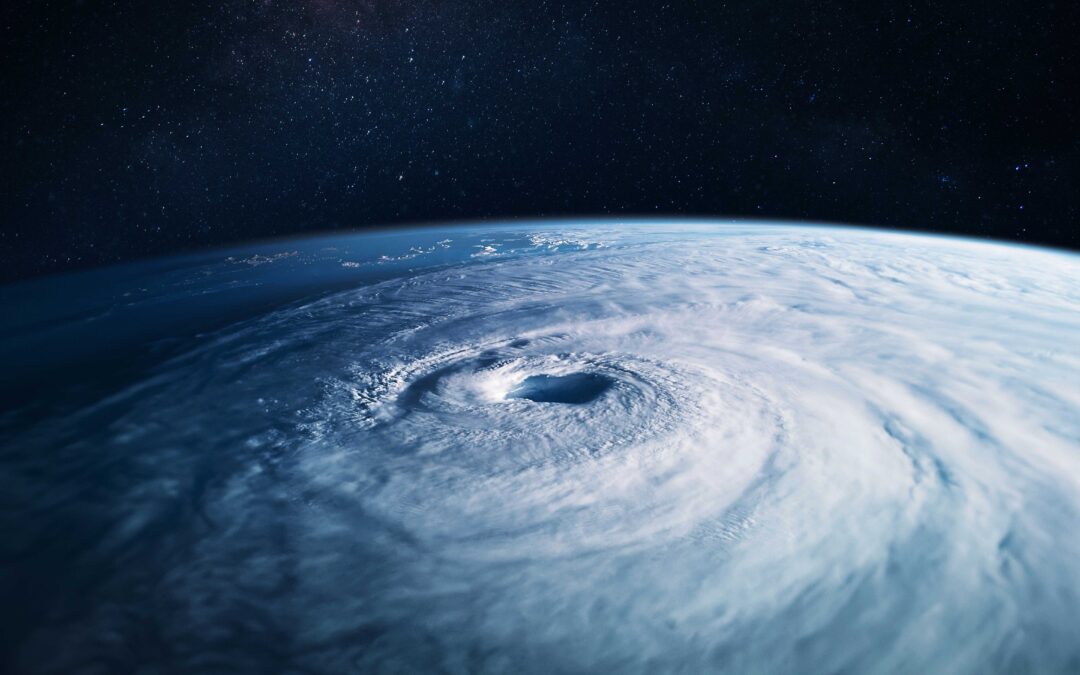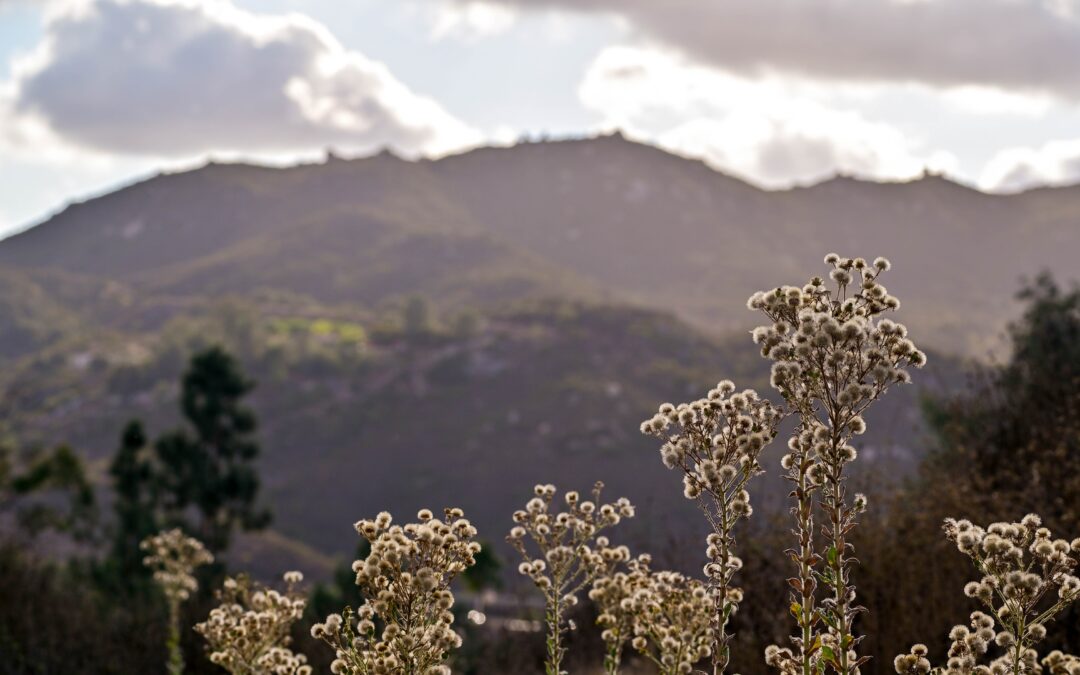A well-known Jewish saying, attributed to Reb Simcha Bunem, an 18th century Hasidic rebbe, says that we should each hold two slips of paper in our pockets. On one should be written, “The world was created for me,” and, on the other, “I am but dust and ashes.” This teaching is a call to our humanity and humility, it reminds us that what we say and do matters. The tension at the heart of this teaching is compelling, and also reflects the rich dualities and tensions of Jewish tradition and modern Jewish life, including the tension between the particular and the universal.
Right now, from the comfort and safety of our homes — on stolen Pawtucket, Massa-adchu-es-et land in Turtle Island — we are feeling a different kind of tension, except this time it is one of loneliness and isolation, heartbreak on heartbreak.
We are feeling heartbreak, devastation, horror, and grief in response to the unconscionable massacre committed by Hamas. We are mourning the lives of innocent people who have been horrifically murdered. We are stricken with pain for the hundreds of people who are still being held captive in Gaza by Hamas. We are terrified for our family and friends who live in Israel/Palestine.
And, we are feeling heartbreak, devastation, horror, and grief in response to Israel’s pummeling of Gaza. We are mourning the loss of innocent life. We are terrified for Palestinians in Gaza, who — no strangers to blockades and violence — are experiencing escalating, unconscionable levels of violence amidst a humanitarian disaster.
Sadly, regrettably, horrifically, there isn’t currently much space in the Jewish or mainstream discourse to hold these tensions, to feel shared humanity for Palestinians and Israelis alike. (Michelle Goldberg wrote about this beautifully in the New York Times this week, as did Arielle Angel in Jewish Currents.)
For funders — especially funders identifying as Jewish or motivated by Jewish values — who are also feeling this tension, who are holding to a commitment to Jewish and Palestinian safety and liberation in this unprecedented time: We see you and you’re not alone.
And we want to offer some thoughts, imperfect thoughts, written from a place of rawness, grief, and loss, but with a hope that they will offer comfort, hope, and maybe inspiration to act.
A war crime is a war crime. Terrorism is terrorism. Full stop. There is no place to justify — or worse, celebrate — the war crimes committed by Hamas. There is also no place to justify or celebrate war crimes committed — now and in the past — by the government of Israel against the Palestinian people. All acts of terrorism and violations of international law must be condemned; they are horrifying and unconscionable. On Saturday, Hamas committed war crimes against Israelis, murdering and kidnapping civilians, with a death toll of at least 1,300. This week, Israel cut electricity, water, fuel, and food into Gaza, in violation of international law. At the time this post goes live, Israeli bombings there have already killed more than 1,800 people, many of whom are civilians.
And, yes, we must also consider this in context. “It is important not to minimize or condone the heinous crimes committed by Hamas,” says Orly Noy, a Jewish Israeli-Iranian feminist and human rights advocate, adding, “But it is also important to remind ourselves that everything it is inflicting on us now, we have been inflicting on the Palestinians for years. Indiscriminate firing, including at children and older people; intrusion into their homes; burning down their houses; taking hostages – not just fighters but civilians, children and older people.” The grief and outrage many Palestinians are feeling this week is compounded by decades of feeling like their loss, their sacred lives, have not mattered enough to compel us to action.
None of this is happening in a vacuum.
It must also be said: no, there is no justification for the atrocious horrors committed by Hamas.
Many Jews — us included — are understandably in a lot of pain right now, are feeling unsafe, and are experiencing highly activated intergenerational trauma, and these messages may be really hard to hear. Some may not be able to hear this right now, or ever. We understand that.
Yet amidst rising jingoism, we have a responsibility to insist on humanity and context. Context matters.
Which means we must address root causes of injustice. All of us are parents, of children ranging from seven months to seven years old. We have all seen ourselves and our children in the grief and anguish of Palestinian and Israeli parents. When one of us told their young child about this war on Sunday morning, he asked, innocently, “Who is winning?” Weeping, they replied, “Nobody, sweetie, everybody is losing.”
In the same way that more funders — though still not enough — have upped their focus on the root causes of racial injustice, we must also view this moment through the lens of root causes.
We cannot avoid naming and addressing the root cause of this violence: decades of oppression and Occupation. Millions of Palestinians live under Israeli control without human rights and dignity.
This cannot continue. It does not need to be like this.
There is no military solution in Israel/Palestine. The only stable solution is a just peace between Israelis and Palestinians.
So what does this mean for funders?
Funders have a role to play in how and who they fund. There is no shortage of Jewish, Israeli, Palestinian and secular organizations committed to dignity and human rights in Israel/Palestine. If you’re looking for ideas, check out the approaches and grantees of funders already in this space, such as the following, which is by no means exhaustive.
- The Foundation for Middle East Peace
- Rockefeller Brothers Fund
- The New Israel Fund
- Grassroots International
- Jewish Liberation Fund
- Solidaire Network
It’s also time for funders to assess their efforts resourcing movement-building work in the U.S. and Israel/Palestine. Crises like the one we are in the midst of right now are too often seized as opportunities to justify fascism, ethno-nationalism, and increased state repression. We need a strong left that can mobilize in response to rising nationalism, and this requires flexible, multi-year support over the long-haul.
Funders also have a role beyond their dollars, including using the power of their voice and advocating for structural change. Too few funders use their voice and engage in advocacy, generally, and too many funders are woefully silent right now. In the words of Libby Lenkinski, activist and vice-president for public engagement at the New Israel Fund, a funder intermediary, wrote, “We must raise our voices to ensure that the future is not only one where this can never happen again, but one in which all people – Israelis and Palestinians – are free from oppression, occupation and terrorism.” For other examples, look to programming at Foundation for Middle East Peace (FMEP) that offers analysis, advocacy, and that amplifies voices that so often go unheard.
Few civil society and human rights organizations are sufficiently resourced to advance their advocacy and systems change goals. Against a powerful geo-political tide, organizations need more resources to advocate for a deescalation of this violence and for a just solution in Israel/Palestine. Yousef Munayyer, head of the Palestine/Israel program at the Arab Center in Washington DC, is among the many people calling on the US to address and resolve the root causes of this asymmetrical political conflict. Here, too, are opportunities for funders.
Funders also have a role to play in calling out antisemitism, and in taking on bad faith claims of antisemitism — at the same time. Antisemitism has been on the rise for years, as have other forms of bigotry. Experts are now anticipating — and, sadly, documenting — even more incidences of antisemitism. At a time of surging antisemitism around the world, it is essential to avoid problematically conflating critiques of Israel and anti-Zionism as inherently antisemitic. That, too, requires standing up to efforts labeling harsh criticism of Israel and anti-Zionism as antisemitic; such claims divert attention from the very real and dangerous threats of antisemitism, while also silencing defenders of Palestinian rights and undermining democratic norms. (See the work of Diaspora Alliance for much more information and guidance.)
Funders can listen to and elevate the voices of those most affected. Funders, generally, can do a lot more listening, and this is especially the case right now. Palestinians are not a monolith. Jews are not a monolith. Israelis are not a monolith. But too often we see each other as such.
Indeed, there are many calls for deescalation, justice, human rights, and a shared society in Israel/Palestine. Too often we prefer not to see such efforts.
In this moment, journalists like Mahmoud Mushtaha, a Gaza-based freelance journalist and human rights activist, are describing a scale of violence never before seen in Gaza, underscoring the need for emergency fundraising to meet the scale of this humanitarian disaster. Yet, too often we look away.
We can choose to move away from retreating to our respective corners and towards listening, towards seeing each other in our own sacredness and humanity. That probably means hearing discomforting truths and bearing witness to unthinkable stories of suffering, yet that can also push us towards changing dominant narratives and in the direction of justice, and, perhaps, eventual healing.
Funders can commit to justice and shared humanity: To quote ourselves for a moment, one of us (Joanna Ware) wrote this week, “Our pain is not diminished by opening our hearts more fully to the heartbreak of another. It is only through a heart cracked open to suffering that we may begin to see one another as fully human, to begin to build a better future for all of our people.”
Along similar lines, Sa’ed Atshan, a Palestinian American Professor at Swarthmore College wrote, “I find the empathy and compassion that so many Americans have for Israeli life to be beautiful…I hope that one day we will get to the point that the sort of empathy that the majority of people in the U.S. so readily feel for Israelis can also be extended to the Palestinian people as well.”
We are likely going to get some messages about this post from upset and hurting people, and we’d welcome the opportunity to counter that by sharing more with people who are interested, and to make connections within this space, so please feel free to reach out to us directly.
What we do know, though, is that the historical status quo, the continued cycles of violence, and the exceptional and unprecedented violence of the last 5 days — which will likely only worsen — is not the way.
Killing and punishing and hating Palestinians is not the path to Jewish or Israeli safety and liberation.
Killing and punishing and hating Israelis is not the path to Palestinian safety and liberation.
Our lives and our fates are inextricably intertwined.
Joanna Ware is founding executive director of the Jewish Liberation Fund, a community organizer, and political educator. Rabbi Becky Silverstein teaches Torah, Talmud, and Halakhah in a variety of settings, and is a member of the Solidaire network. Together with his spouse, Naomi, he stewards his family’s personal philanthropy and organizes funders and resources to support the Jewish left. The third author of this piece works at an institutional funder.


